To combat misinformation from Indian media about the July uprising in Bangladesh, experts are advocating for the development of a distinct "Bangladeshi narrative" and improved connections between media outlets in both countries.
Speakers proposed these from a seminar titled "Indian Media`s Coverage of the July Uprising: A Review," held on Friday (October 11) at Dhaka University`s Sirajul Islam Lecture Hall.
Khorshed Alam, a faculty member in the Department of Mass Communication and Journalism, criticized the alignment of "India`s state policy," the "Bangladesh Awami League`s policy," and the "Indian media," suggesting the need for a "contra-information flow" to counteract the prevailing narrative.
"We must establish a Bangladeshi narrative to challenge the information being propagated globally," he emphasized.
AFP Journalist and fact-checker Qadaruddin Shishir noted that several Indian journalists had reached out to him seeking accurate information about events following August 5.
He pointed out that Bangladeshi journalists often lack connections with their Indian counterparts, except for ties to the Awami League, which he believes hinders accurate reporting.
Political analyst Zahed Ur Rahman remarked that those seeking information about Bangladesh predominantly rely on English-language media, expressing concern over the lack of accessible narratives. He warned against underestimating India`s "soft power," noting the global attention to statements about minority issues post the Clinton-Yunus meeting.
The seminar also addressed how the Indian media frames the Bangladesh Liberation War as an Indo-Pakistani conflict.
Alam referenced films like "Gunday" and "Children of War," which depict the liberation struggle in this context, diminishing its significance to Bangladesh.
Alam further highlighted that different countries present events in ways that serve their interests. He drew parallels between the media`s treatment of the first and second liberation wars, noting shifts in coverage based on geopolitical contexts.
Suman Rahman, a lecturer at ULAB University, added that while the liberation war is vital to Bangladesh, the Indian perspective emphasizes their involvement, influencing how the narrative is shaped.
Navine Murshid, a professor at Colgate University, raised concerns about women`s rights in Bangladesh and the potential for foreign intervention.
She warned against allowing Western narratives that use women`s issues as justifications for military action, drawing on examples from Afghanistan.
The seminar underscored the urgency of creating a robust Bangladeshi narrative to effectively address and counter misinformation from Indian media.


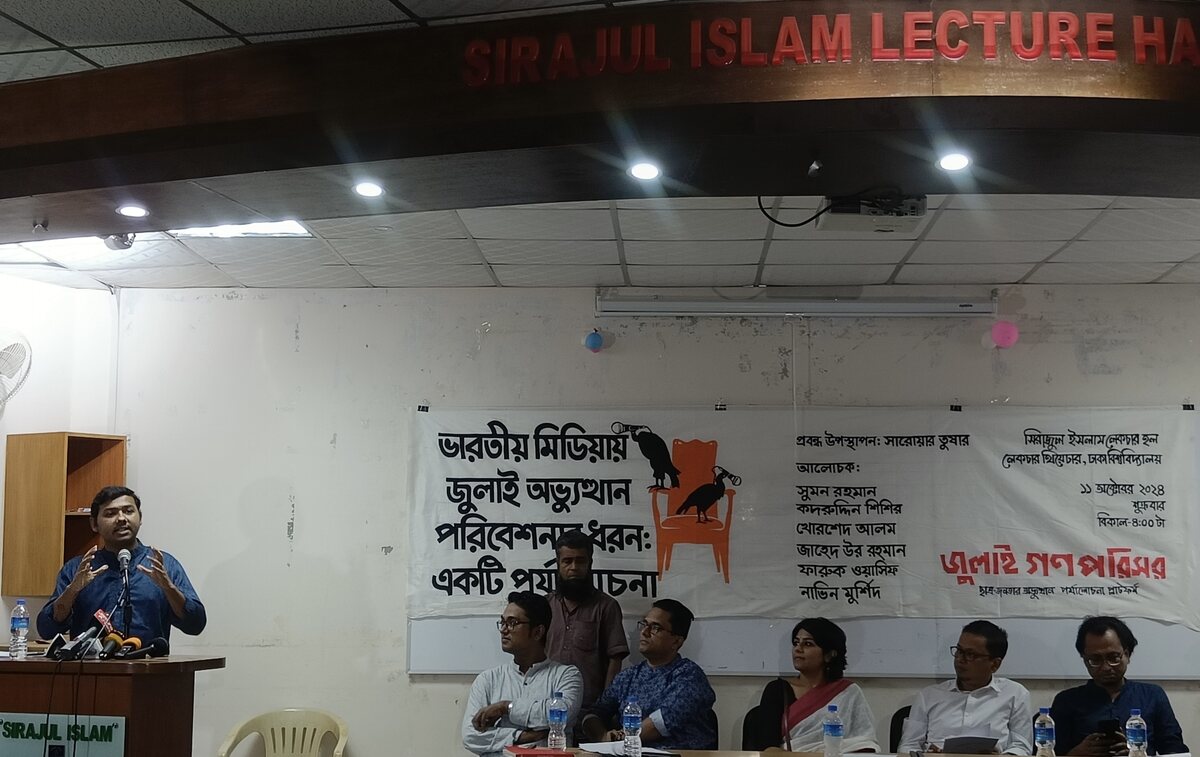

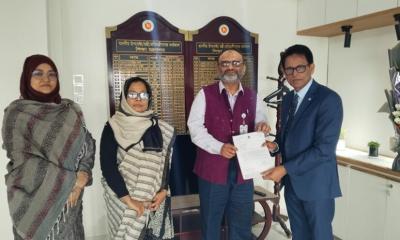

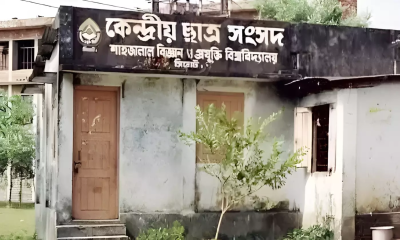
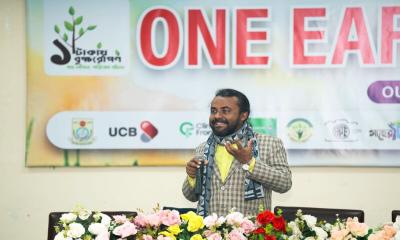
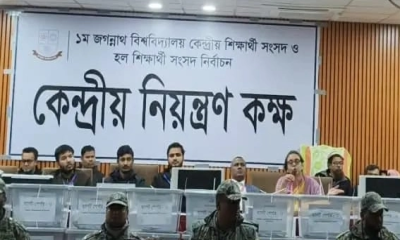
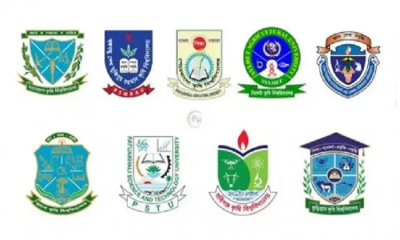




-20260226080139.webp)






-20260225072312.webp)









-20260219054530.webp)
-20260224075258.webp)





-20260221022827.webp)